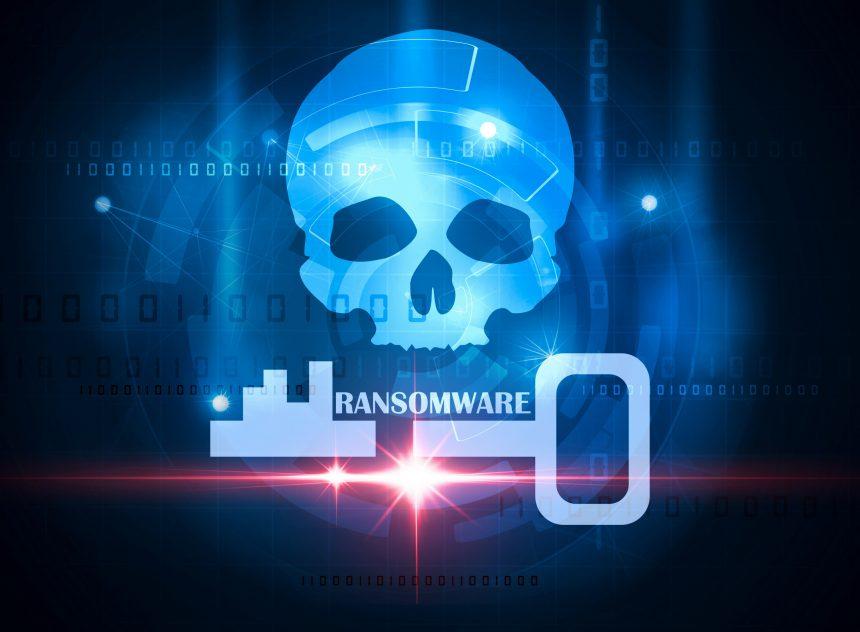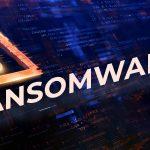Since 2018, the prolific and evergrowing STOP/Djvu Ransomware family has released hundreds of new variant strains. TOHJ Ransomware has been uncovered as yet another infection variant from the STOP/Djvu Ransomware family. It is referred to as TOHJ based on the .TOHJ extension it uses to append encrypted files. The ransomware operates like its counterparts from the STOP/Djvu ransomware family and encrypts files before making a ransom demand.
After infiltrating a computer, TOHJ Ransomware scans it, looking for user-generated files. It then affects the files that may contain valuable information, including databases, spreadsheets, archives, pictures, and videos. Additionally, the hackers behind TOHJ Ransomware deliver a ransom note that contains information about the infection and the hackers’ ransom demands.
Unfortunately, an online decryption tool that would unlock the files encrypted by TOHJ Ransomware is not available at the moment, and the only reliable way to recover encrypted files is to restore them from a backup. You could also possibly research other alternative data recovery options. However, there’s no guarantee that alternative data recovery tools will unlock all the encrypted files.
TOHJ Ransomware’s operators promise to unlock the affected files for $980. However, they do offer a 50% discount if victims establish communication within 72 hours after encryption. The ransom note also instructs users to contact the criminals via restorealldata@firemail.cc, gorentos@bitmessage.ch, or their Telegram account @datarestore. If contacted, TOHJ Ransomware’s operators also offer to decrypt one file for free to display they can unlock all the affected files.
How Do I Deal with the TOHJ Ransomware Attack?
To protect yourself from the TOHJ Ransomware attack, you should practice safe web browsing habits like refraining from opening email attachments from unknown senders and downloading programs from unreliable sources. You should also have a reputable malware remediation tool installed on your computer. That way, you can regularly scan for elements associated with this troublesome ransomware infection and other malware. Also, to reduce the potential damage of a future ransomware infection, please consider backing up your files on an external hard drive or cloud storage.





